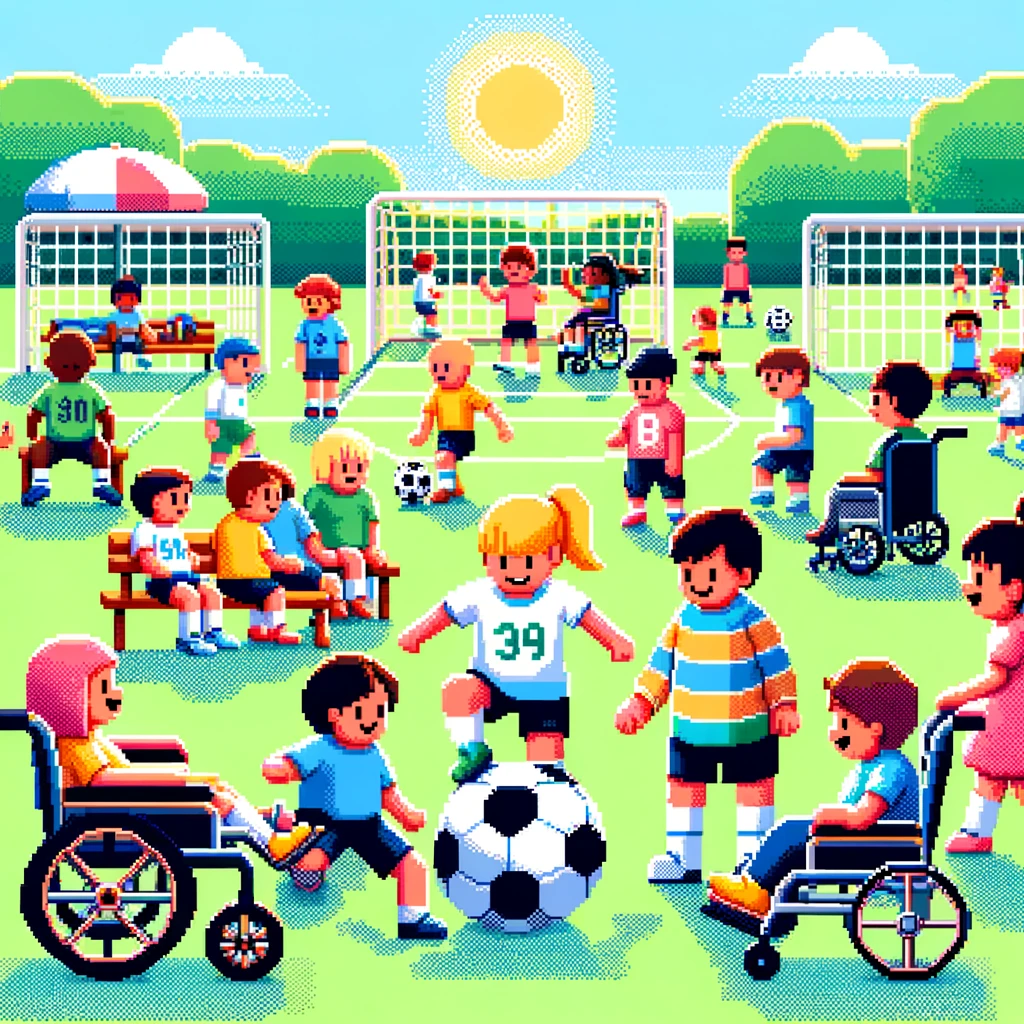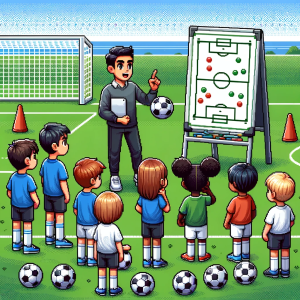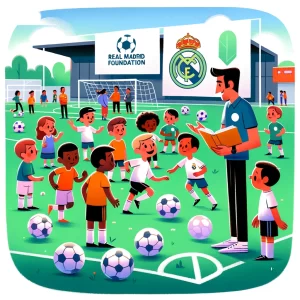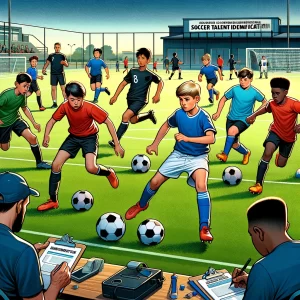
The Power of Service-Learning Exercise Programs for Children with Developmental Disabilities
Every child deserves the chance to thrive, regardless of their abilities. Children with developmental disabilities often face unique challenges that can impede their emotional and behavioral development, making social interactions and physical activities daunting. Recent research highlights a promising approach: service-learning exercise programs. These programs not only engage children in physical activities but also incorporate social responsibilities and community service, enhancing their emotional and behavioral growth.
The Study’s Impact
A groundbreaking study in Korea has revealed that a 12-week service-learning exercise program can significantly improve the emotional and behavioral issues faced by children with developmental disabilities. Unlike traditional sports programs, which may be less accessible to these children, service-learning programs provide a structured environment that fosters both physical and emotional growth.
Understanding Developmental Disabilities
Developmental disabilities, such as intellectual disabilities and autism, affect a child’s intelligence, language, social skills, and motor skills. These children often struggle with communication and may display repetitive behaviors that can be harmful to themselves or others. Early intervention is crucial to help these children navigate their challenges and lead fulfilling lives.
Service-Learning: A Dual Approach
Service-learning programs are unique because they integrate meaningful community service with learning objectives. This approach not only benefits the community but also supports the educational and emotional development of the participants. In the context of children with developmental disabilities, these programs focus on enhancing motor skills through activities tailored to their needs, such as modified soccer training sessions.
The Role of Soccer in Development
Soccer, a central element of the studied service-learning program, offers more than just physical exercise. It teaches teamwork, improves motor skills, and boosts self-esteem. For children with developmental disabilities, participating in adapted soccer training can be particularly beneficial, aiding in their personal adjustment and social interactions.
Promising Research Findings
The study’s findings are compelling. Children who participated in the service-learning program showed significant improvements in several key areas:
- Emotional Regulation: Reductions in anxiety, depression, and attention deficit behaviors.
- Behavioral Adjustments: Enhancements in interpersonal relationships, self-esteem, and self-reliance.
- Overall Engagement: Increased participation and enjoyment in physical activities.
Implications for Soccer Coaching and Player Development
For soccer coaches and sports program developers, these insights are invaluable. Developing training programs that are inclusive of children with developmental disabilities can not only broaden the reach of sports programs but also contribute positively to the emotional and social well-being of these participants. Coaches are encouraged to adopt adaptive training techniques and foster an inclusive environment that supports all children, regardless of their developmental challenges.
Encouraging Community and Parental Involvement
The success of such programs also depends on community support and parental involvement. Engaging parents and community members in the activities can enhance the effectiveness of the programs and provide a more supportive environment for the children. Schools and sports clubs should consider partnerships that leverage community resources to support these inclusive initiatives.
Conclusion
The study underscores the potential of service-learning exercise programs to make a profound difference in the lives of children with developmental disabilities. By focusing on both the physical and emotional needs of these children, such programs can help them overcome challenges and experience the joy of sports like soccer. This promising approach warrants further exploration and adoption across various educational and recreational settings to ensure that all children have the opportunity to thrive.
Call to Action
Are you a parent, coach, or educator? Consider how you can support or initiate a service-learning program in your community. Share your thoughts and experiences in the comments below!
Elevate your understanding of the beautiful game with ‘This Week in Soccer’.
Dive into a world where soccer science and strategy come alive. Subscribe now to our newsletter and be part of a community that transforms theoretical knowledge into practical mastery. Don’t miss out on the chance to access groundbreaking insights and redefine your approach to soccer. Subscribe today!
About the Author
Jon Scaccia is a youth soccer coach and translational scientist. He has worked with the Exeter United Soccer Club for over five years, focusing on U5 development. In his day job, he works in data evaluation and implementation science.



